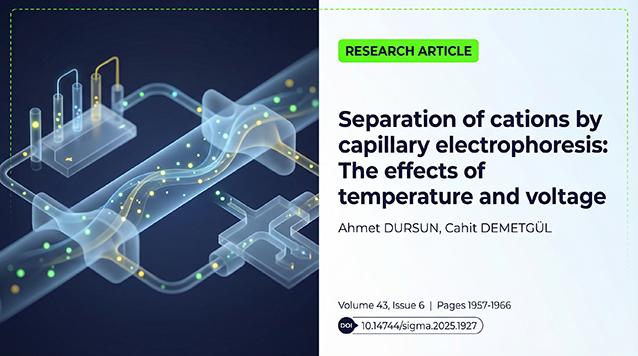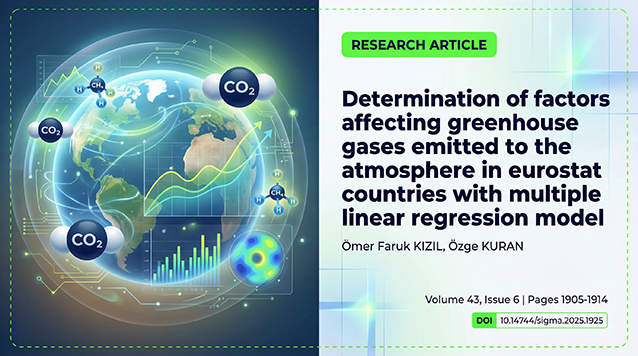2Department of Civil Engineering, Shahid Rajaee Teacher Trainig Univesity, Lavizan, Tehran-IRAN
Abstract
Based on high risk of earthquake occurring in Tehran, the issue of post-earthquake travel demand needs to be investigated. The aim of this study is to determine the trip purposes immediately after the earthquake and the factors affecting the individuals' decisions on their trip purposes. The effective factors on the traffic behavior of individuals are analyzed under 4 earthquake scenarios (powerful, moderate, day and night) by two multinomial logit models, for day and night separately, based on stated preference surveys. The post-earthquake traveling is defined with 4 purposes of relief and rescue, return-to-home, immediate evacuation and nothing for the day earthquake, and 3 purposes of inquiry on safety, immediate evacuation and nothing for the night earthquake. The survey data indicated that, 90% of people may prefer to make trips in order to return to home or to rescue survivals after a powerful day earthquake. The results indicated that having children and the time interval are the most important factors affecting the trip purposes. Furthermore, education (unrelated to the earthquake) doesn't have any effect on the post-earthquake behavior of the individuals. Increasing the awareness of the individuals about the post-earthquake trips and usable routes after the earthquake will contribute to the disaster management schemes.
















